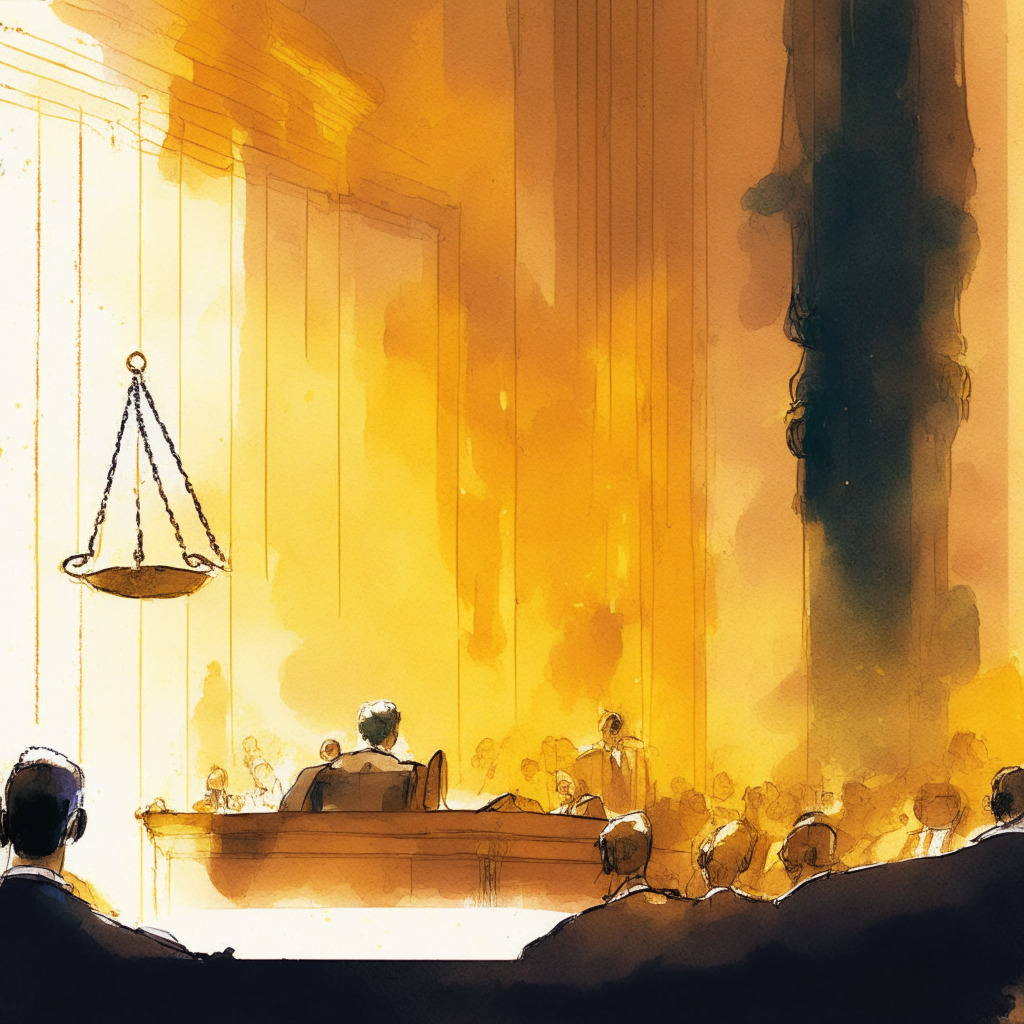In the tumultuous realm of digital currency, murky legal waters provide constant fodder for intriguing complexities, leading us to the fascinating case of Crypto.com versus James Deutero McJunkins. For those not in the know, McJunkins managed a not-so-small windfall when Crypto.com mistakenly deposited $50,000 into his account. Instead of returning the funds, McJunkins swiftly transferred the money to an external bank account beyond the reach of Crypto.com.
Silence followed, despite numerous entreaties from the exchange. Consequently, Crypto.com sought arbitration, alleging civil theft and a breach of contract. To the relief of the exchange, the arbitrator concurred and ordered McJunkins to return not only the original amount but also statutory interest and legal fees, round about figure at $76,391.46.
Yet, the story did not end there. Since an arbitrator lacks enforcement power, Crypto.com has had to request a Florida court to ratify the resolution. Should the court affirm the arbitrator’s award, McJunkins will officially be on the hook for the substantial sum.
However, stepping away from the captivating details, one can’t help but question how such a mistake occurred. It throws into sharp relief the need for stronger regulation and robust system checks within the crypto-sphere. Why was there no fail-safe to prevent the erroneous deposit in the first place? Simply relying on users’ honesty and willingness to return unearned funds leaves both parties vulnerable.
On the flip side, frequent regulatory hurdles may dampen the dynamism that makes digital currencies so appealing. Essentially, is it possible to strike a balance between minimising procedural errors and maintaining the freedom and flexibility of the digital market?
Furthermore, this isn’t Crypto.com’s first blunder of its kind, highlighting a continuing trend of mishaps. It’s crucial that these issues are addressed openly and transparently, paving the way to enhanced trust between exchanges and their users.
Final reflections linger on the broader implications of the case, which serve as a cautionary tale, representing the gamble users undertake while engaging with these vibrant yet unpredictable digital marketplaces. It underlines the urgency for strategic regulation and improved systems, not only to protect exchanges but also to fortify user’s confidence in the safety and reliability of their transactions.
Source: Cointelegraph




